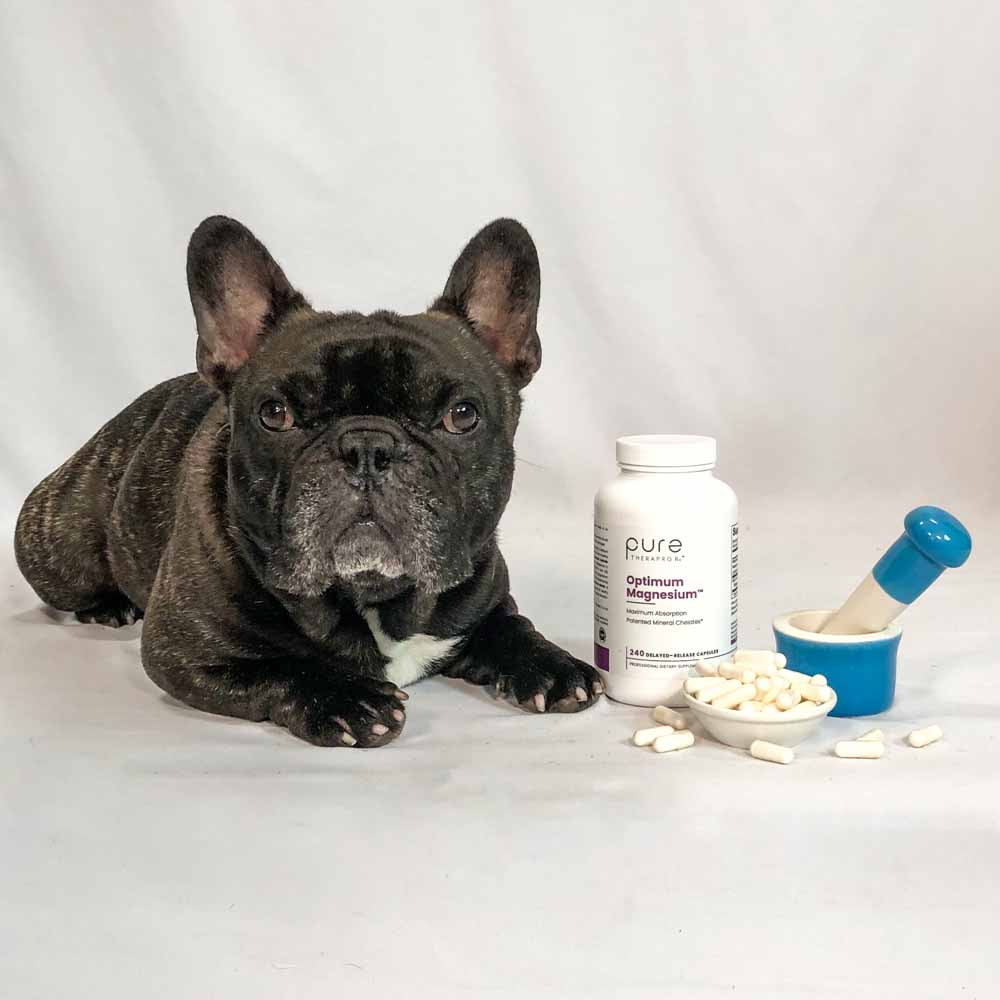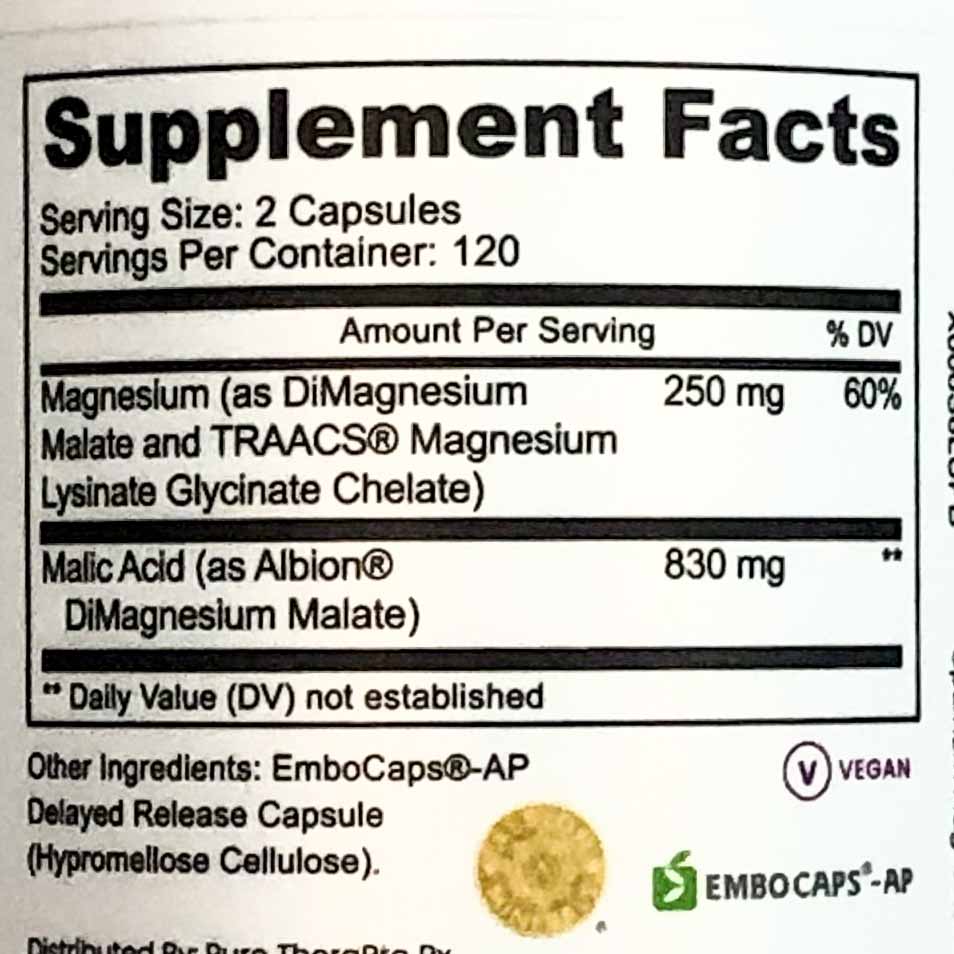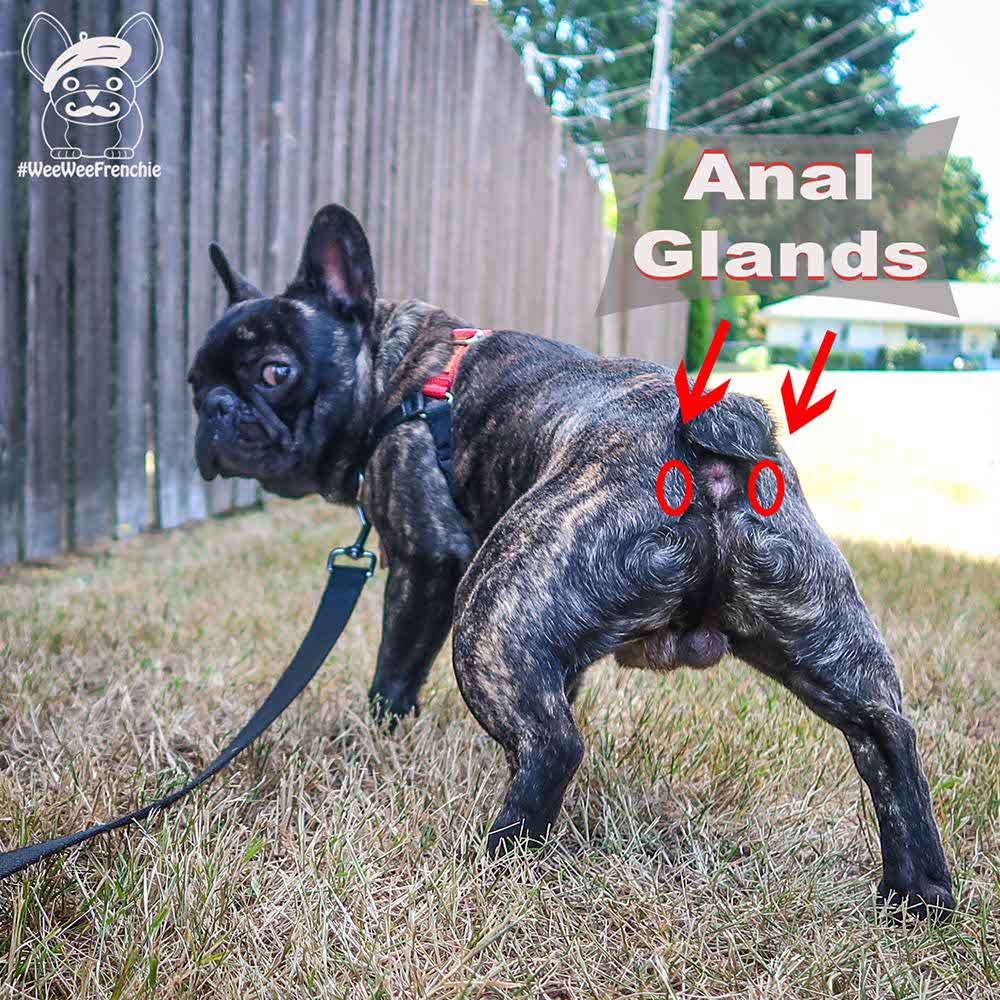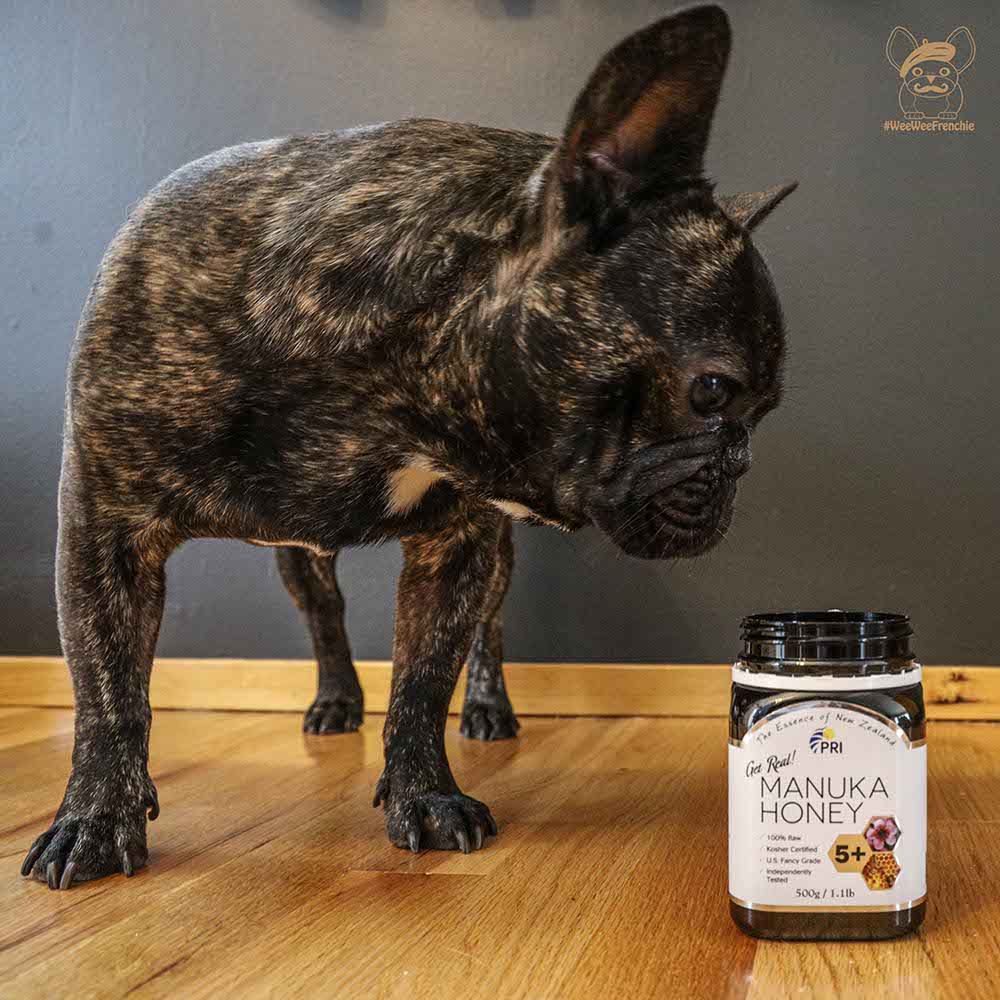Does Your Dog Need Magnesium?
Magnesium is essential to a healthy life. It has many roles in the body from building healthy bones, muscle movement, and brain function. But do you need to give a magnesium supplement to your dog?

Truth is that most dogs don’t need to supplement with magnesium if they are eating a healthy diet. But what if your dog has other health issues?
Dogs with gastrointestinal problems, like Inflammatory Bowel Disease (IBD), have malabsorption of food due to inflammation. The medications used to reduce IBD flares have side effects. For example, stomach acid blockers (like omeprazole) prevent the absorption of magnesium and vitamin A.
Signs/Symptoms of low magnesium
- Muscle weakness
- Muscle trembling/cramping
- Depression
- Behavior changes
- Heart arrhythmias
- Constipation
Up to 50% - 60% of magnesium in the body is stored in the bones, and most of the remaining in soft tissues. Less than 1% of total magnesium is in the blood.
Since blood tests only measure magnesium in the blood, it is not a true measure of magnesium stored in the body. Test results can be misleading since they often state normal magnesium levels. If your dog is taking a medication that can lower magnesium levels (like omeprazole), magnesium levels in bone and tissue could be low.
The recommended starting dose of magnesium for dogs is 3mg - 5mg per pound daily. That means an 18 pound dog would need 54mg - 90mg magnesium daily.
Most forms of magnesium are poorly absorbed. That’s why it’s important to choose the right type of magnesium.
Magnesium oxide is cheap but has a poor absorption rate of around 4%. Poor absorption means a higher dose of magnesium oxide is needed, making diarrhea more likely.
Magnesium bisglycinate is attached to an amino acid, glycine. Glycine has been shown to improve sleep. Magnesium bisglycinate costs more but has a higher absorption rate than other forms of magnesium. With a higher absorption rate, lower doses can be given, making it less likely to cause side effects.
Magnesium supplementation is generally safe and well-tolerated. But should toxicity occur, watch for the following:
- Diarrhea
- Abdominal cramping
- Upset stomach
The easiest way to give to your dog is to get a bottle of magnesium supplements for humans. Check the serving size to verify if 1 capsule or 2 capsules. Look at the supplement facts to check how much magnesium is in each serving.

Example: If there's 250mg magnesium per 2 capsules, that means 1 capsule has 125mg magnesium. If you need a 60mg dose of magnesium, sprinkle ½ capsule on your dog’s food once daily. Giving magnesium at night can help to improve sleep.
Not every dog needs magnesium supplementation. But dogs with other health conditions, like IBD, could benefit from added magnesium. Make sure to discuss with your veterinary before starting any supplement.
Subscribe to our weekly blog by submitting your information in the box below.




